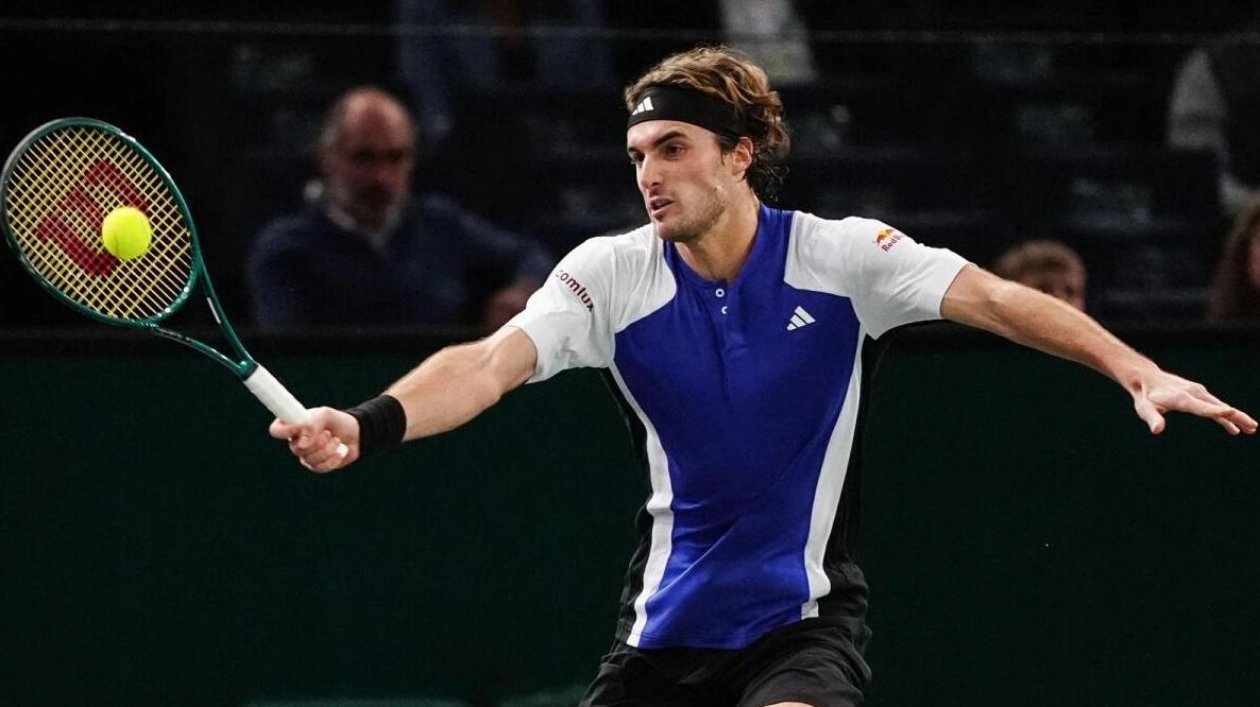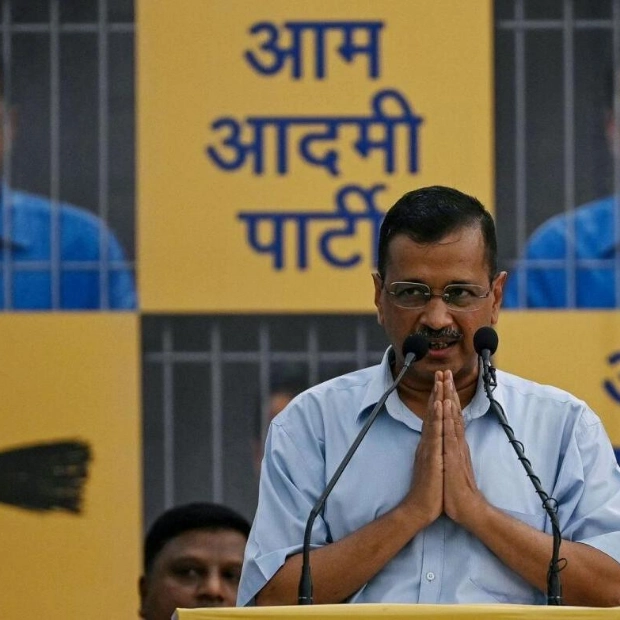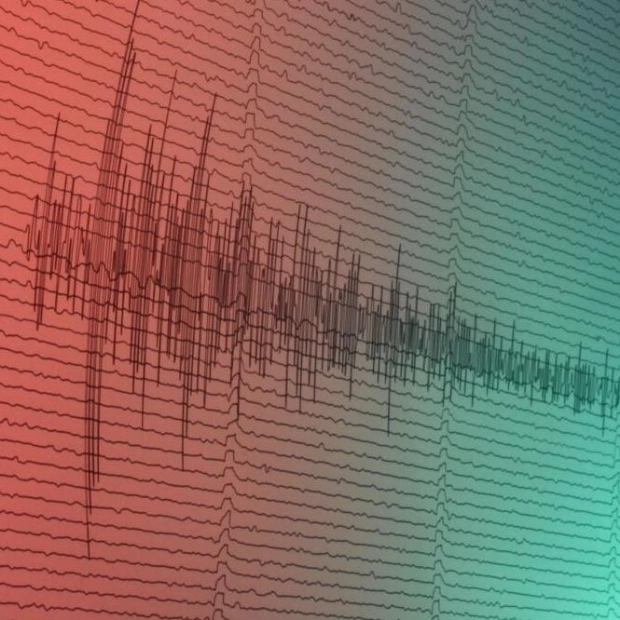Greece's Stefanos Tsitsipas engaged in a forehand return against Germany's Alexander Zverev during their men's singles quarterfinal match on day five of the Paris ATP Masters 1000 tennis tournament on November 1. — AFP
Stefanos Tsitsipas expressed concerns that the two-week duration of ATP Masters 1000 events leads to a decline in quality, as players lack sufficient recovery time and intense training necessary to maintain peak performance over a prolonged season. Currently, five Masters tournaments span two weeks, but earlier this year, the ATP announced that starting from 2025, seven out of nine events would be condensed into 12 days each. This decision was met with disapproval from the players.
Tsitsipas' comments were in response to former player Andy Roddick, who criticized the two-week Masters events on his podcast, calling them 'so stupid' due to the increased risk of injuries, suggesting that a week-long format would allow players more time to build their fitness during off-weeks.
"The two-week Masters 1000s have become a drag. The quality has undoubtedly dropped. Players are not getting the recovery or training time they need with constant matches and no space for intense off-court work," Tsitsipas stated on X.
"It's ironic that the ATP Tour committed to this format without knowing if it could actually improve the schedule, but the quality likewise. Paris got it right, done in a week. Exciting and easy to follow. Just how it's supposed to be." If the aim was to ease the calendar, extending every 1000 (Masters) to two weeks is a step backward. Sometimes, it feels like they're fixing what wasn't broken." Reuters has reached out to the ATP for comment.
Tsitsipas is not alone in his criticism of the ATP. Four-time Grand Slam winner Carlos Alcaraz has also voiced concerns, stating that the packed tennis calendar makes it challenging to stay motivated throughout the year and increases the risk of injuries.
"It is difficult. Sometimes I didn't feel motivated at all," Alcaraz said. "The calendar's so tight. A lot of tournaments ... not as (many) days off as I want."
Alexander Zverev echoed similar sentiments earlier this year, noting that while the two-week Masters events are beneficial for players ranked between 50 and 100 in the world, as they get a chance to compete in main-draw events, the schedule is not ideal for top-10 players.
"Yes, you do get told you have a day in between (matches), you don't have to play every day. At the end of the day that's not resting," Zverev said ahead of the Rome Masters, which was a two-week event.
"Resting is when you're spending time at home, when you're sleeping in your own bed, maybe with your family, maybe with your dogs, maybe with your kids... That's what resting is." If you're at a different place, that's not resting. If you're going deep in events... if you're trying to make semi-finals or finals of every event, you're just away a lot longer and you have to work a lot more. It's as simple as that."
Source link: https://www.khaleejtimes.com






